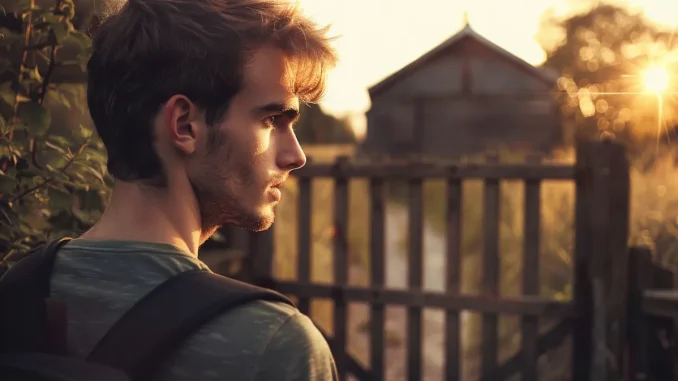
When my son Adam and I moved to a new town, I hoped for a fresh start after losing my husband. At first, things looked up—Adam was sweet, smart, and optimistic. But after just a few weeks in his new school, he changed. His grades slipped, he grew distant, and a boy named Jason became the center of his world.
One night, during an argument, Adam lashed out: “You’re never here. You only work because Dad’s gone!”
That broke me—but also woke me up.
The next morning, I resigned from my job and applied for work in the school cafeteria. Less pay, better hours—I wanted to be present in Adam’s life. Slowly, I watched the puzzle come together. I saw him at lunch, met Jason and the boys, and realized they weren’t bad—just lost like Adam.
So I built a court. Literally. I installed my late husband’s old basketball hoop, invited the boys over, and created a daily routine: 30 minutes of basketball, weekly report cards, and no judgment—just accountability and love.
Over time, Adam returned to me. We laughed again. He hugged me without reason. The other boys improved, too. Their grades rose, attitudes shifted, and they found a place where they belonged.
Months later, the school offered me a chance to lead an after-school program. Parents pitched in. The court became a symbol of hope—and a plaque appeared beside it: “Strength in Heart & Mind.”
Adam hugged me and said, “You’re my hero.” And I knew then—love isn’t about control. It’s about showing up, seeing each other, and walking the hard road together.
Leave a Reply